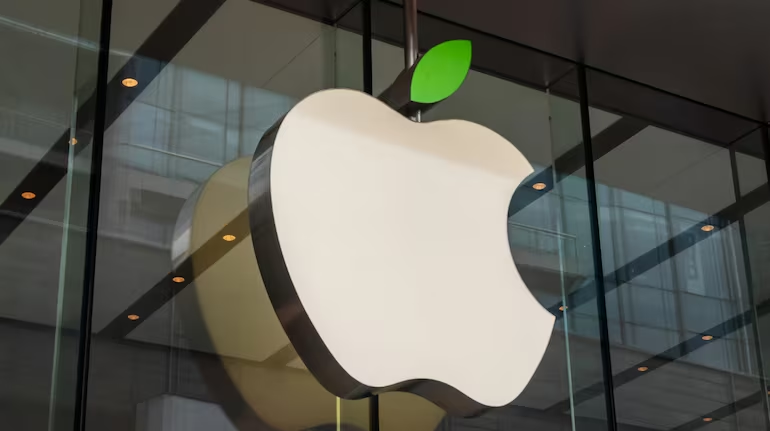In a strong signal of its long-term strategy, Apple has reaffirmed its commitment to India as a key iPhone manufacturing hub, brushing aside recent remarks by former U.S. President Donald Trump, who urged the tech giant to bring more of its operations back to American soil.
The move marks a turning point not only in Apple’s global supply chain priorities but also in India’s growing role as a serious player in high-end electronics manufacturing.
Apple’s Quiet but Steady Expansion in India
Over the past few years, Apple has gradually increased its manufacturing footprint in India, partnering with major suppliers like Foxconn, Pegatron, and Wistron. These companies have set up and expanded plants across Tamil Nadu and Karnataka, assembling several iPhone models for both domestic and export markets.
This decision is not just about shifting geography—it’s about resilience. By diversifying its production away from China, Apple is aiming to reduce supply chain risk, navigate geopolitical uncertainties, and tap into the world’s fastest-growing smartphone market.
Trump’s Comments and Apple’s Response
Donald Trump, known for his “America First” policy during his presidency, recently criticized U.S. corporations for offshoring jobs and production. In a speech directed partly at Apple, he emphasized the need for American companies to manufacture more products on U.S. soil, calling out countries like India and China as “job stealers.”
But Apple has remained silent in public and focused in action. Instead of responding directly to Trump, the company has done what it does best—move forward with its plans.
Apple’s decision to sidestep this political pressure reflects a broader trend in global business: long-term strategy over short-term noise. While the U.S. remains a crucial market, India offers growth, scale, and a government willing to incentivize production through schemes like PLI (Production-Linked Incentive).
India’s Growing Appeal
India is quickly becoming a magnet for technology manufacturers. With a large talent pool, improving infrastructure, and a rising consumer base, the country is positioning itself as a serious alternative to China.
For Apple, India is not just a factory—it’s also a rapidly expanding market. As iPhone sales in India reach record highs, it makes sense for the brand to make in India, sell in India, and even export from India.
Recent data shows Apple exported more than $10 billion worth of iPhones from India in the last fiscal year. This is a clear indication that the bet on India is already paying off.
What This Means for India and the World
Apple’s deeper involvement in India could have far-reaching effects. It’s likely to boost India’s credibility as a destination for high-tech manufacturing, attract more foreign investment, and create thousands of skilled jobs.
For global consumers, this shift might mean more resilient supply chains, shorter delivery windows, and potentially fewer disruptions during global events like pandemics or trade disputes.
For other companies, Apple’s move sends a clear message: India is no longer just a backup plan—it’s a strategic front-runner.
Final Thoughts
Apple’s choice to continue expanding in India while sidestepping political pressure from figures like Donald Trump shows a company committed to long-term vision over political rhetoric. By putting its chips on India, Apple isn’t just assembling iPhones—it’s assembling the future of global manufacturing.
As India continues to rise, the question may not be why Apple is here—but why others aren’t here already.






